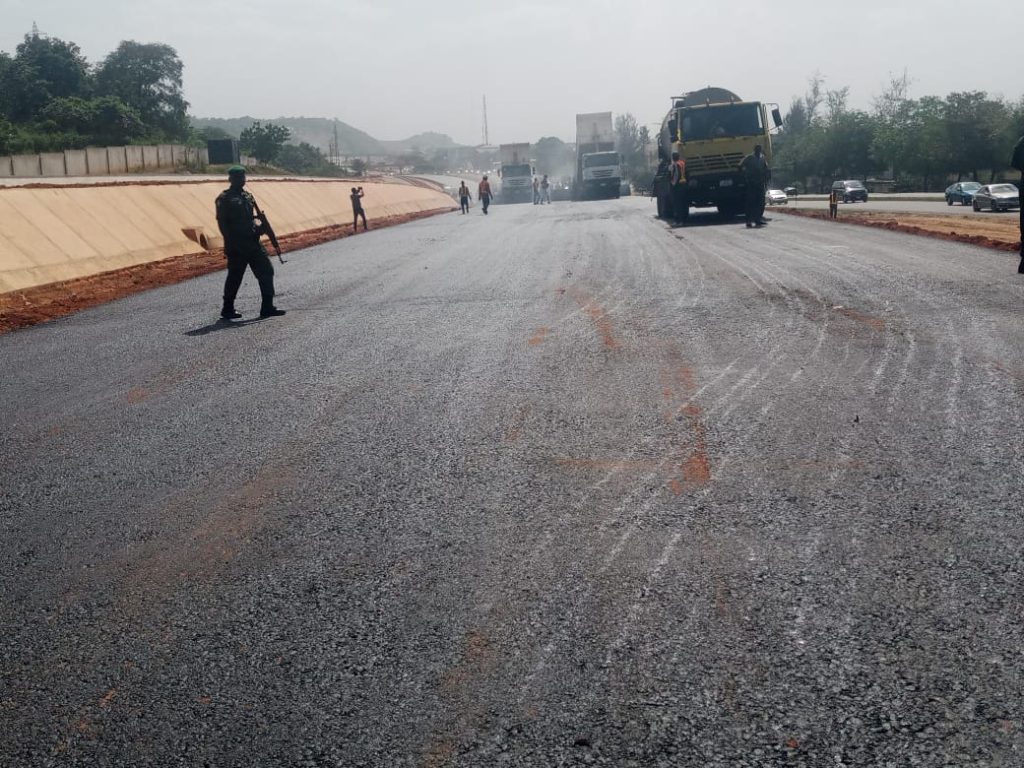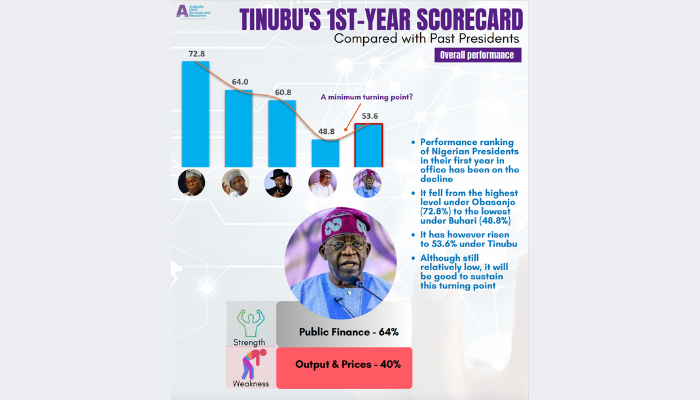FG to Obasanjo: Don’t Use Lagos-Calabar Highway
Minister of Works Dave Umahi fires back at former President Olusegun Obasanjo over his criticism of the Lagos-Calabar Coastal Highway project. Umahi suggests that Obasanjo and other critics should refrain from using the highway once it is completed.
The Project’s Significance
President Bola Tinubu’s administration drives the Lagos-Calabar Coastal Highway project forward. This 700-kilometer road will connect major coastal cities like Lagos, Warri, Port Harcourt, and Calabar. Consequently, it aims to enhance trade, tourism, and regional integration by reducing travel times and improving accessibility.
Notably, Tinubu’s administration is implementing this project as part of its ambitious infrastructure initiatives. The project is designed to bolster Nigeria’s economic growth and global competitiveness. Moreover, the highway is expected to add $45 billion to Nigeria’s economy within its first five years of operation.

Obasanjo’s Criticism
Obasanjo criticizes the project as “wasteful and corrupt” in his memoir, ‘Nigeria: Past and Future.’ He questions the project’s viability and the government’s priorities. In response, the FG defends the project, emphasizing its transparency and potential economic benefits.
Minister Umahi argues that the project is vital to Tinubu’s vision for Nigeria’s future. He emphasizes that it will stimulate economic growth and create jobs. Furthermore, the government highlights the transparency and inclusiveness of the current project, contrasting it with Obasanjo’s era.

Political Tensions
Obasanjo’s comments spark strong reactions. The FG and supporters of the project argue that Obasanjo’s criticism is misplaced, given his own record on infrastructure development. For instance, they point out that several key projects stagnated under his administration.
Specifically, former President Muhammadu Buhari revived the Lagos-Ibadan Expressway after years of neglect. Meanwhile, the current administration actively engages stakeholders and ensures transparency in the project’s development.

Future Implications
Despite these criticisms, Obasanjo remains a respected figure in Nigerian politics. However, his critique of Tinubu’s projects is seen as an attempt to undermine the current administration’s efforts. Additionally, the political rivalry between Obasanjo and Tinubu adds complexity to this public feud.
Ultimately, the Lagos-Calabar Coastal Highway symbolizes Nigeria’s broader economic aspirations. As the country seeks to position itself as a major player in regional and global trade, investments in critical infrastructure are crucial. Therefore, the project’s success could pave the way for similar initiatives across the country.

